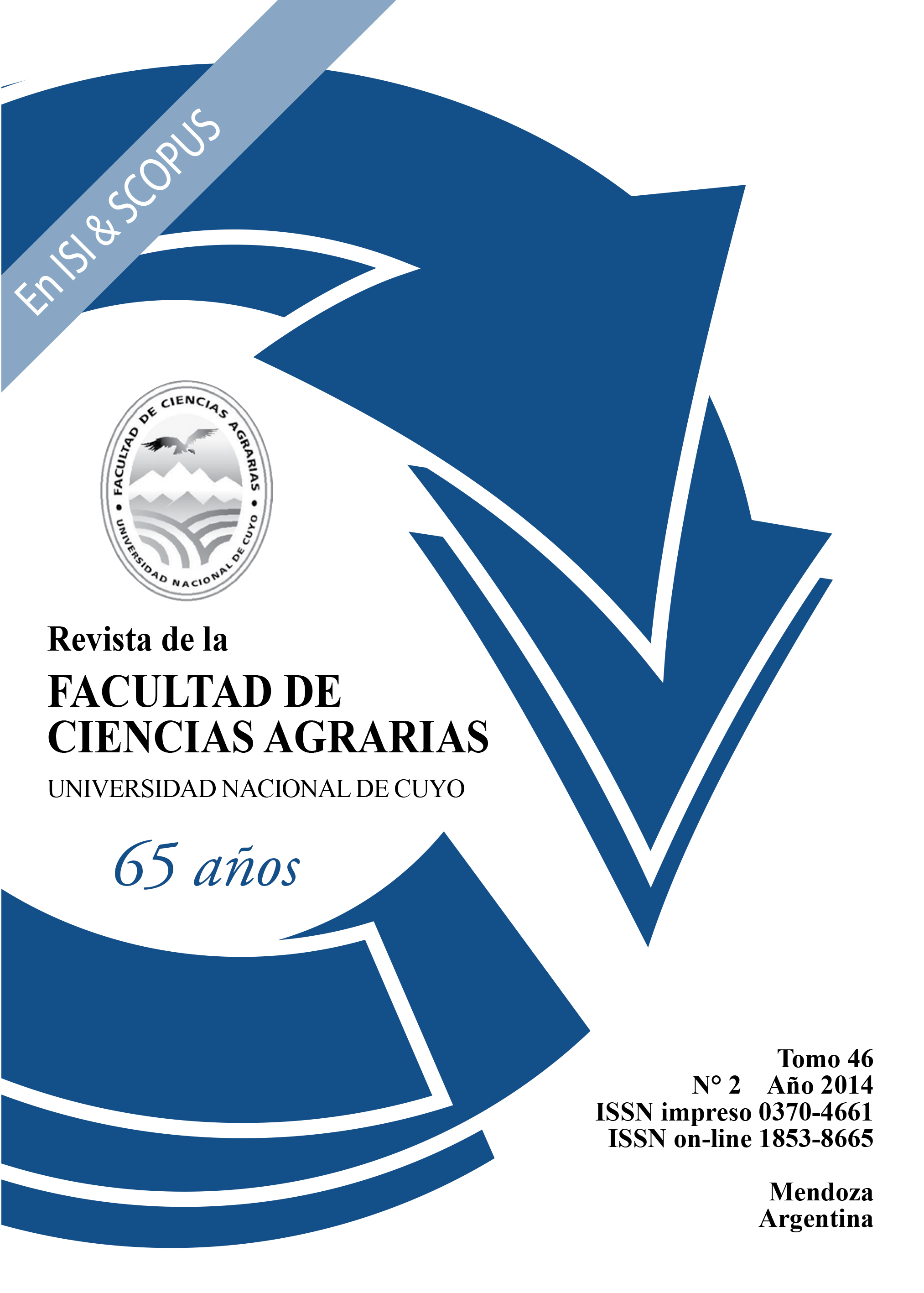Humates of vermicompost as mitigator of salinity in basil (Ocimum basilicum L.)
Keywords:
biostimulants, sodium chloride, emergency percent, growth, aromatic herbsAbstract
Bioestimulants of the growth are substances that act as activators of the physiology, absorption of nutrients and to mitigate the stress of salinity. The objective was to evaluate humates of vermicompost as attenuating of the salinity in the emergence and growth of basil (Ocimum basilicum L.). The experimental design was completely randomized with factorial arrangement whose factors were basil varieties (Napoletano and Sweet Genovese), concentrations of NaCl (0.50 and 100 mM) and humates of vermicompost (0 and 1/60 v/v) with six replications. Variance analysis and independent comparisons of means (p ≤ 0.05) were done. The experiment was carried out in 2013 in La Paz, Mexico. The percentage and emergency rate, radicle length, seedling height, fresh and dry biomass of radicle and aerial part were measured. Significant differences were found for all variables (p ≤ 0.05), showing differential response among varieties for emergence rate, emergence percentage and morphometric variables, highlighting the variety Napoletano with biostimulant application as treatment with better results. The humates stimulated all variables under saline conditions, allowing that the tolerant variety improves its emergence and growth and the sensitive variety increases its tolerance to the saline stress.
Downloads
Published
Issue
Section
License

This work is licensed under a Creative Commons Attribution-NonCommercial-ShareAlike 3.0 Unported License.
Aquellos autores/as que tengan publicaciones con esta revista, aceptan las Políticas Editoriales.




